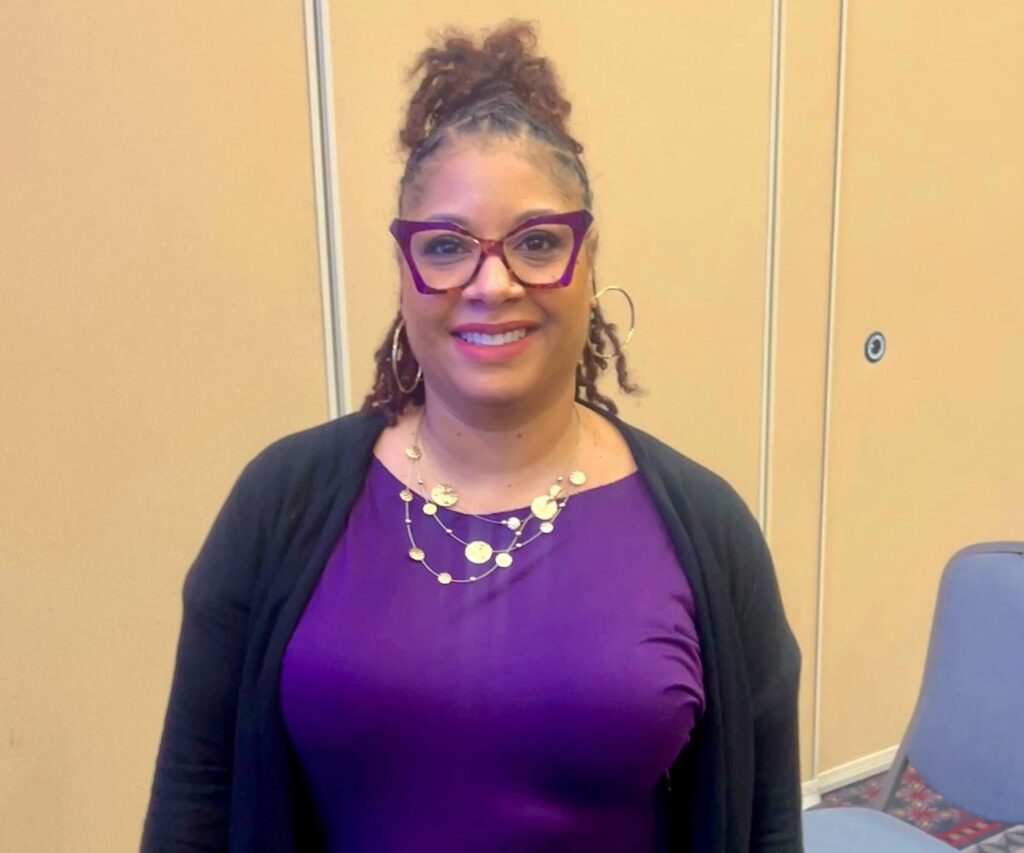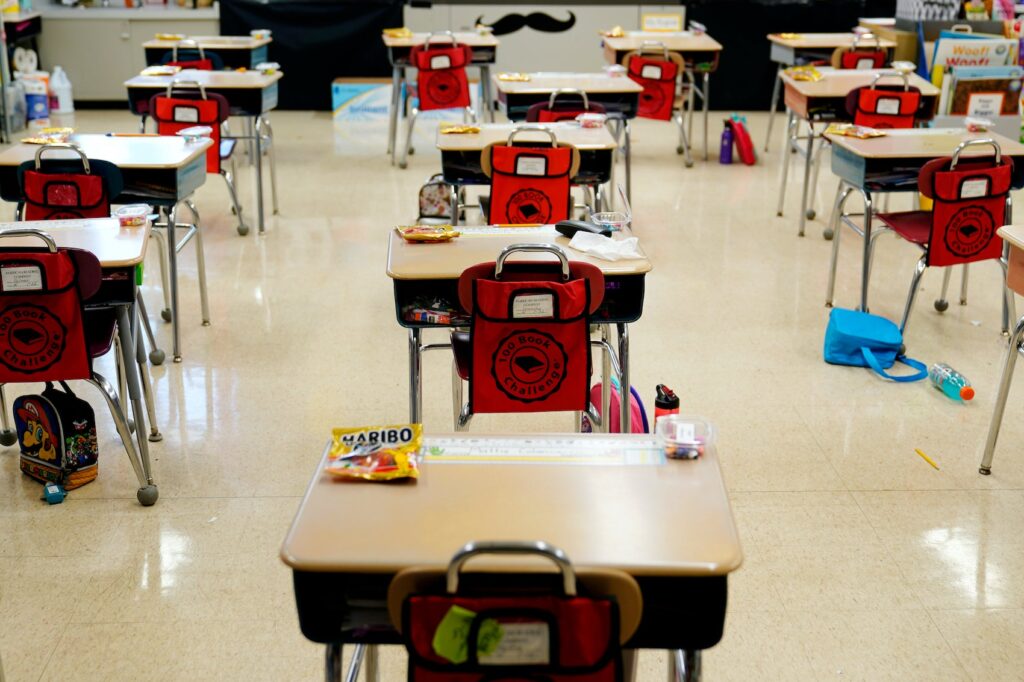Melissa Lawson, M.D., a Southwest Philadelphia native and school counselor at Science Leadership Academy at Beaver, expressed similar concerns.
Lawson became a school counselor in her former West Philadelphia neighborhood because she wanted to improve opportunities for kids from her community.
She pointed to 2013, when the Philadelphia School District laid off nearly 4,000 employees due to a lack of funding. Lawson became a voice for those who served as school counselors.

She was one of those counselors, but she lost her job. Although she was later able to return to the position, many of her colleagues were not.
“I don't think we've fully recovered from laying off all of our school counselors. Too many have not returned to the profession,” Lawson said.
“School counselors are very important because they are the backbone of schools. We do social and emotional things and bridge the gap between students and teachers.”
Lawson said many schools need to hire more counselors to help students in areas who need these services the most.
“We have a lot of teachers in the district, but they can't replace school counselors,” Lawson said.
Lawson said she feels there is a disconnect between public education and the resources schools receive.
The panel discussed at length the reality that schools in low-income neighborhoods have fewer resources than schools in higher-income neighborhoods.
These conversations allow participants to have candid discussions and hear from fellow educators about what's happening in classrooms across the country.
The AERA conference and its sessions explore topics related to diversity, race, low-wealth communities, equity, equal educational opportunity, and defending freedom, while taking a deep look at educational research and discussing “woke” topics in the classroom. I will explore.
Many educators said they wanted to discuss and learn about racial equity and how to manage issues affecting their communities related to minorities and education.
Organizers hope participants will take what they learned from these conversations and apply it to the schools and institutions they serve.
The annual meeting at the Pennsylvania Convention Center continues through April 14.


